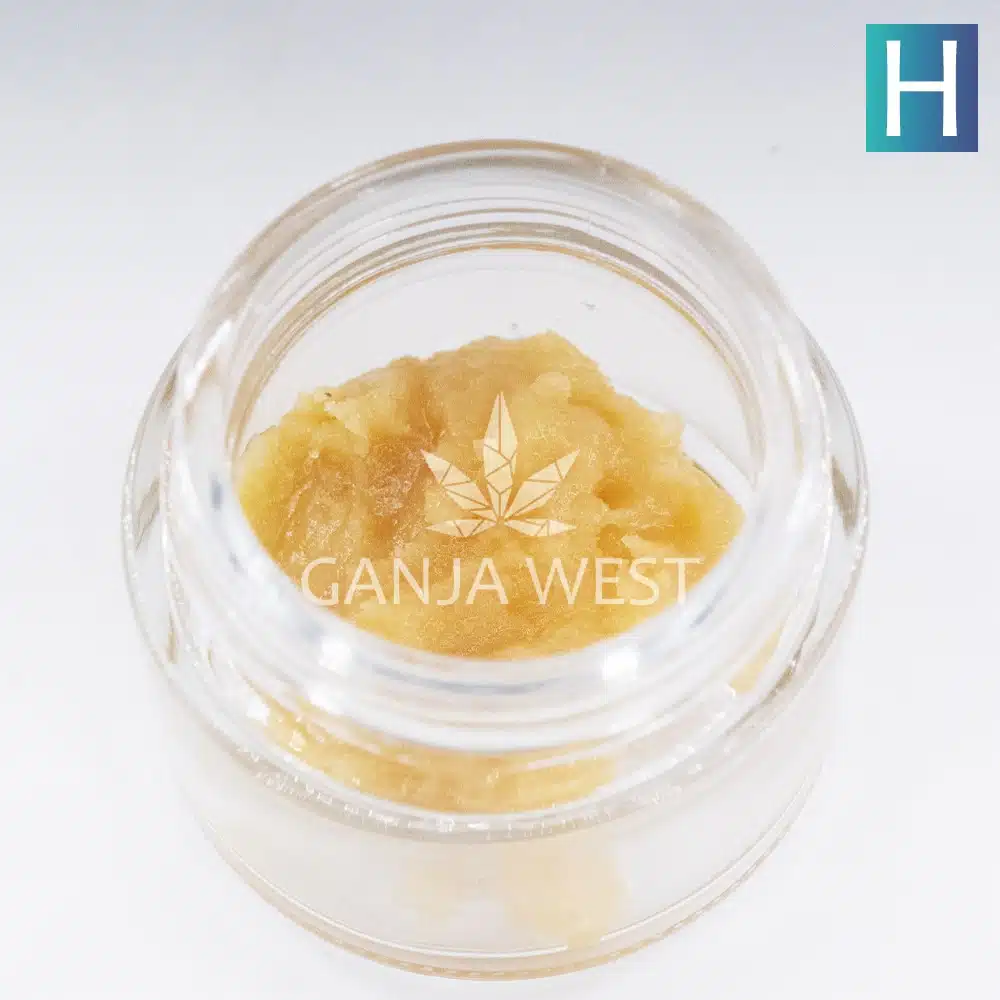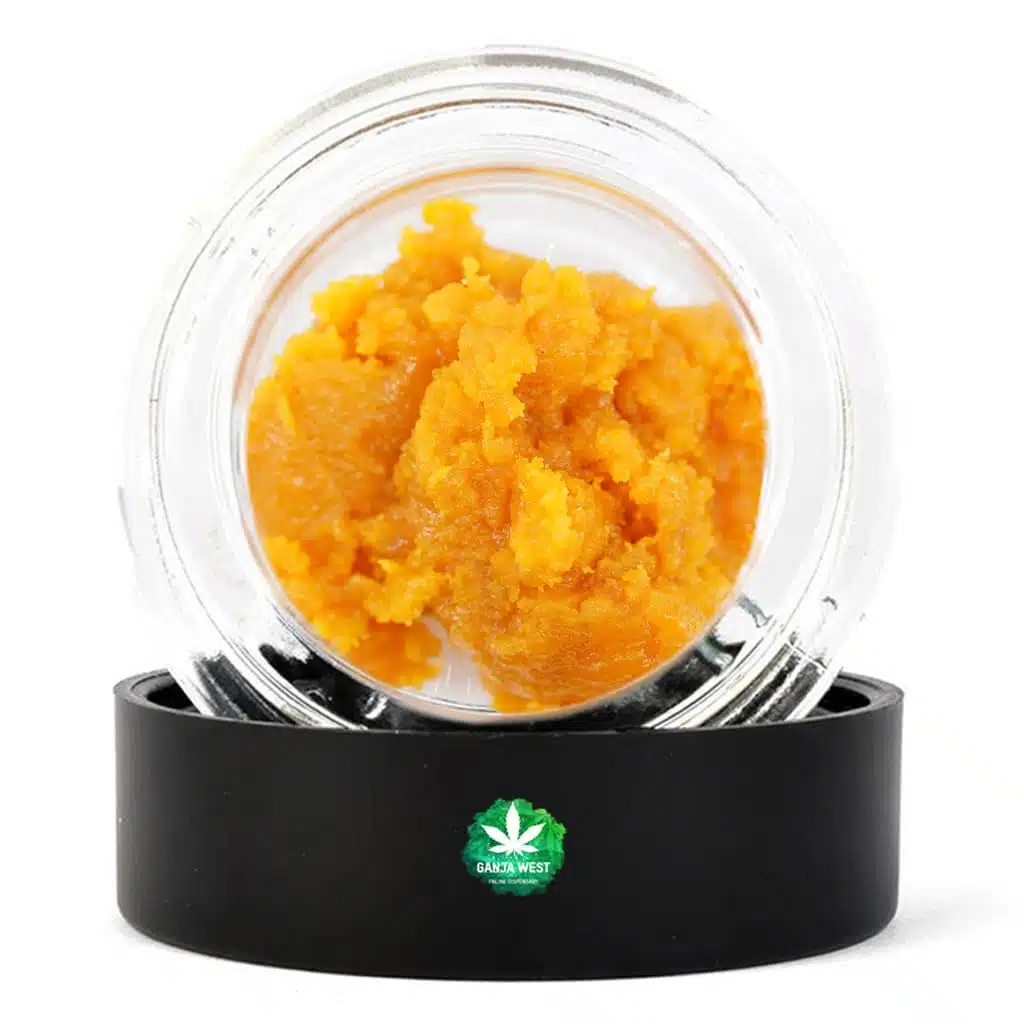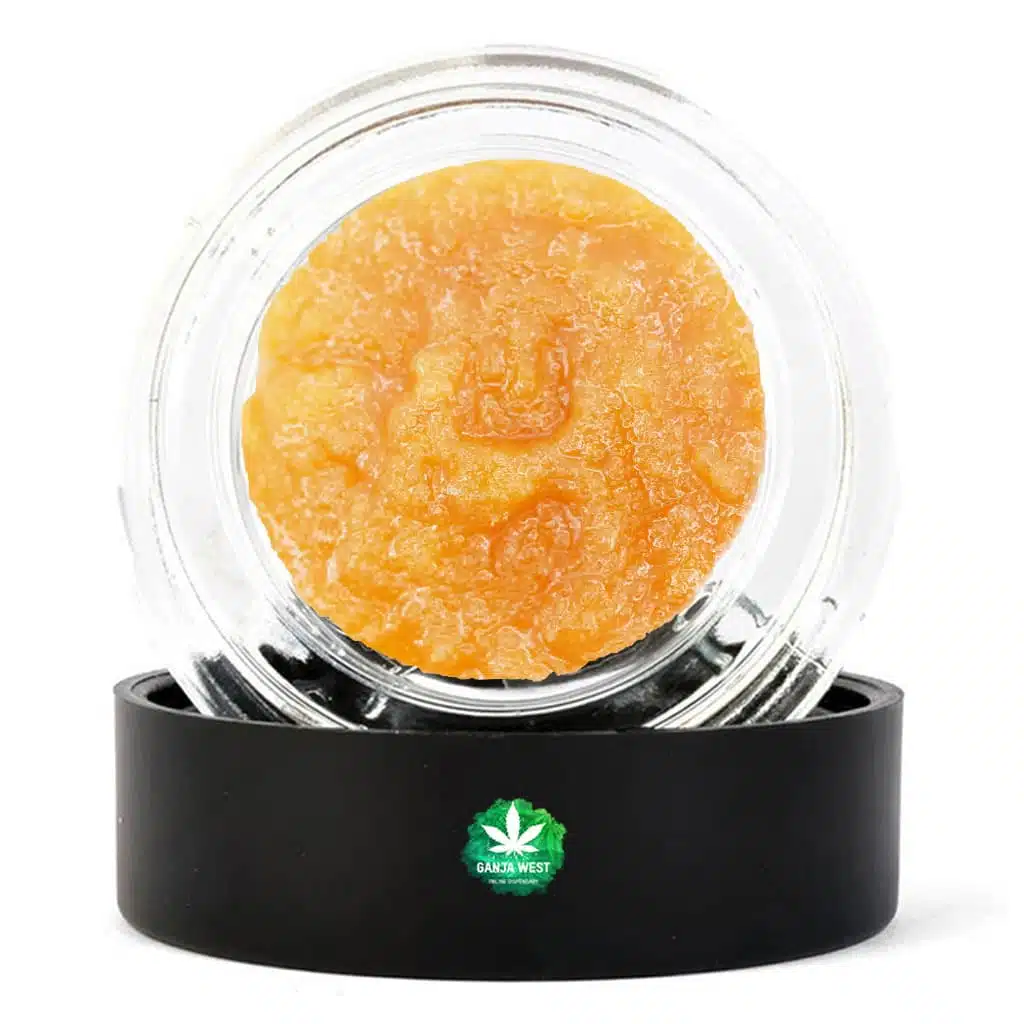Canada: Are Psychedelics Legal?
Canada: Are Psychedelics Legal?
In Canada, psychedelics encompass a variety of restricted plants, fungi, and chemicals that are tightly regulated as controlled substances by the Controlled Drugs and Substances Act(CDSA). Under the CDSA, each psychedelic is organized into schedules based on its perceived harm, on a scale of one to nine, with Schedule I being designated the most harmful for Canadians.
Psychedelics are listed under Schedule III, which means they have a low potential for abuse and are considered less harmful than other drugs. However, ketamine and MDMA are listed under Schedule I, which means they have a high potential for abuse and are considered more harmful than other drugs.
Psychedelics, while illegal, come in many different forms, some of which are available in high-end private clinics. Some Schedule I psychedelics are even being used under the care of a physician, while others in Schedule III are available to qualifying patients.
The surge in Canadian psychedelic companies thanks to over $289 million in venture capital is currently allowed to produce psilocin, psilocybin, mescaline, DMT and MDMA with a dealer’s licence.
Psychedelics are not legal in Canada outright, but they are legal for certain purposes under Health Canada’s guidelines. However, as their use grows, some question whether they are truly legal at all.
Which psychedelics are legal in Canada?
If you were to roam the streets of Canada in search of psychedelics, these would be your legal, or decriminalized, options:
Ketamine
This fast-acting anesthetic isn’t legal at parties, but ketamine has been legal for medical professionals in the US and Canada for over 50 years. There are now several private clinics across Canada with licensed physicians offering ketamine-assisted therapy.
If you have treatment-resistant depression, anxiety, or other mental health issues, and a doctor’s referral, most clinics will require you to qualify. However, there is a publicly funded hospital program that will treat patients for free.
Peyote
The cactus that produces the psychedelic substance mescaline is legal to grow, sell, and consume in Canada. Just be sure to avoid extracting the mescaline, which is illegal.
This unexpected exemption comes from peyote’s traditional use in Native American ceremonies.
The Canadian government has exempted peyote from the Controlled Drugs and Substances Act because it is used in ceremonial ceremonies. The San Pedro cactus, which also contains mescaline, is legal for ornamental purposes.
Ibogaine
While possession of ibogaine is technically legal, its sale and distribution are not. This psychoactive compound, extracted from the root bark of the Central West African shrub Tabernanthe iboga, has been linked to adverse and even fatal effects. Health Canada advises the public not to consume ibogaine.
MDMA
Starting in January 2023, possession of less than 2.5 grams of MDMA will be temporarily decriminalized in British Columbia as part of a public health pilot program. Certain rules still apply, like avoiding schools and airports. This is part of a sweeping Section 56 exemption on behalf of the province.
Any psychedelic with a Section 56 exemption
If your doctor is involved in research or you volunteer yourself for a clinical trial, any psychedelic that is regulated by the CDSA can be approved with a Section 56 exemption.
If it is believed that using psychedelics for medical or scientific purposes is necessary, or in the public’s interest, then you may be able to legally obtain these substances – as long as you are willing to be a research subject.
There are many churches across Canada that are now serving tea made of ayahuasca, a plant that contains DMT. This is because a Montreal-based church was granted a Section 56 exemption under the public interest criteria, allowing it to serve the tea.
Any psychedelic approved through the Special Access Program (SAP)
In January 2022, psychedelics such as psilocybin and MDMA were not available through the SAP. But as a result of the amendment passed in that year, these drugs are now eligible for consideration for use in therapy. This decision is only made for cases where conventional therapies are not an option, and only for those who meet the stringent requirements.
What is not legal in Canada?
If you’re still wandering the streets of Canada without a medical referral, legal exemption, church affiliation, or personal cactus collection, most psychedelics can get you in trouble with the law.
The Controlled Drugs and Substances Act (CDSA) prohibits the sale or possession of substances that can be harmful to the user or others.
Psilocybin is currently decriminalized in Vancouver, pending city approval. However, the City of Vancouver has applied for a Section 56 exemption to legalize up to 20 grams of psilocybin mushrooms within city limits. Approval is pending. LSD is currently prohibited, unless there is an amedical exemption. Mescaline is allowed in cactus form only, not isolated compounds. Ketamine is prohibited, unless there is an amedical exemption. MDMA is prohibited outside of B.C. (starting in 2023) or outside of research clinics. DMT is allowed in churches only.
The City of Toronto is applying for Section 56 exemptions to decriminalize small amounts of illegal substances for personal possession within city limits. Approval by Health Canada is pending.
Why am I able to buy magic mushroom gummies?
While federally, psychedelics are illegal, some provinces, territories, and cities have some control over local law enforcement. They could choose to prioritize regulation of psychedelic storefronts and online shops, similar to the state of recreational cannabis leading up to 2018. However, these shops are not legal.
Illegal stores selling unregulated products can be inconsistent in their ingredients, dosage, and food-grade materials. You could get arrested for possession of these products.
The Canadian Charter of Rights and Freedoms—a psychedelic loophole?
There is no ” Canadian Constitution ” – instead, there is the Canadian Charter of Rights and Freedoms. Under the federal Charter are the rights to vote, access to abortion, and possibly access to medical psychedelics under Section 7: the right to life, liberty, and security of the person.
Section 7 of the law is what made medical cannabis legal in Canada back in 2001. The court found that Section 56 of the law didn’t provide enough access to cannabis for a patient with epilepsy, so Section 7 came into play.
If Health Canada denies a Section 56 exemption request for psychedelic therapy, that could be seen as a violation of the Charter.
TheraPsil, a non-profit advocacy group, has filed a lawsuit against the Government of Canada and the Minister of Health for violating Section 7 of the federal Charter by denying patients access to psilocybin-assisted therapy. On behalf of seven patients and one healthcare practitioner, TheraPsil argues that by denying patients this safe and effective treatment, the government is infringing on their rights.
If TheraPsil wins the case, it will help plaintiffs receive psilocybin without the need for lengthy Section 56 or SAP exemptions, which in turn would likely force the government to come up with a legal framework for psilocybin similar to the current Cannabis Act.
Where does Canada stand with psychedelics research?
Clinical trials are needed to prove the safety and efficacy of psychedelic therapies before they can be approved by Health Canada.
Health officials are reluctant to approve new treatments without first conducting rigorous human trials, which can take a long time to complete. In the meantime, there are a number of trials underway, but they’re moving slowly.
Drug trials can often take a few years to go from pre-clinical trials to phase three human trials. Only after phase three can researchers apply for a drug’s approval by Health Canada.
Adding a placebo to psychedelic research creates additional complications. Most participants know if they are not given a hallucinogenic substance, making a double-blind trial nearly impossible. This makes it difficult for Health Canada to approve future research projects.
Some workarounds for the psychedelic effects of psilocybin include blocking the effect for participants, such as a new study undertaken by Toronto’s Centre for Addiction and Mental Health (CAMH). This study is the first in Canada to receive a federal grant for researching the effects of psilocybin on depression. It is expected to take three years to complete.
As we’ve already discussed, psychedelic substances have been shown to have powerful effects on the mind. However, given the potential benefits they offer, it’s important to be aware of any potential risks. One study done by researchers at McGill University showed that, when given psychedelic placebos, a majority of participants felt effects such as increased creativity and fun. This is important information to keep in mind, as it shows that even when using psychedelic substances with caution, there are still potential benefits to be had.
Despite the many challenges ahead, many Canadian universities have active psychedelic research departments. There are also private research clinics, such as the Canadian Rapid Treatment Centre of Excellence, with multiple locations nationwide.
There are a few therapy clinics that also conduct research under Section 56. This is a great way to get your money’s worth and help contribute to bettering mental health care. Plus, the psychedelics are completely free!
Who’s cashing in on psychedelics?
There are a few psychedelic ETFs available on the market, and many publicly traded stocks in psychedelic businesses available to Canadians over the age of majority.
If and when fully legal medical and/or recreational psychedelics become available in Canada, there are big benefits to be had.
Who’s driving psychedelic capitalism? Some of the biggest investors in psychedelics include Peter Thiel, the Facebook and PayPal investor, and David Bronner, CEO of Dr. Bronner’s Magic Soaps. Canada’s own Kevin O’Leary of Shark Tank fame has also thrown his hat into the psychedelic ring, with a lot to say about the nascent industry and its medical (read: financial) potential.
There are ethical concerns with the potential profits from mass producing psychedelics. These substances originate from nature, and belong to many cultures – what right do individuals have to profit from them, especially if they are not part of that person’s traditional culture? And if patents are granted on these compounds, what are the implications for the nature of psychedelics?
Some grassroots organizations are monitoring these social issues and raising the question of psychedelic justice and reciprocity with scientists, politicians, investors, and business owners.
Conclusion
If you are interested in cannabis and THC products, check out Ganja West online dispensary at ganjawest.co!



